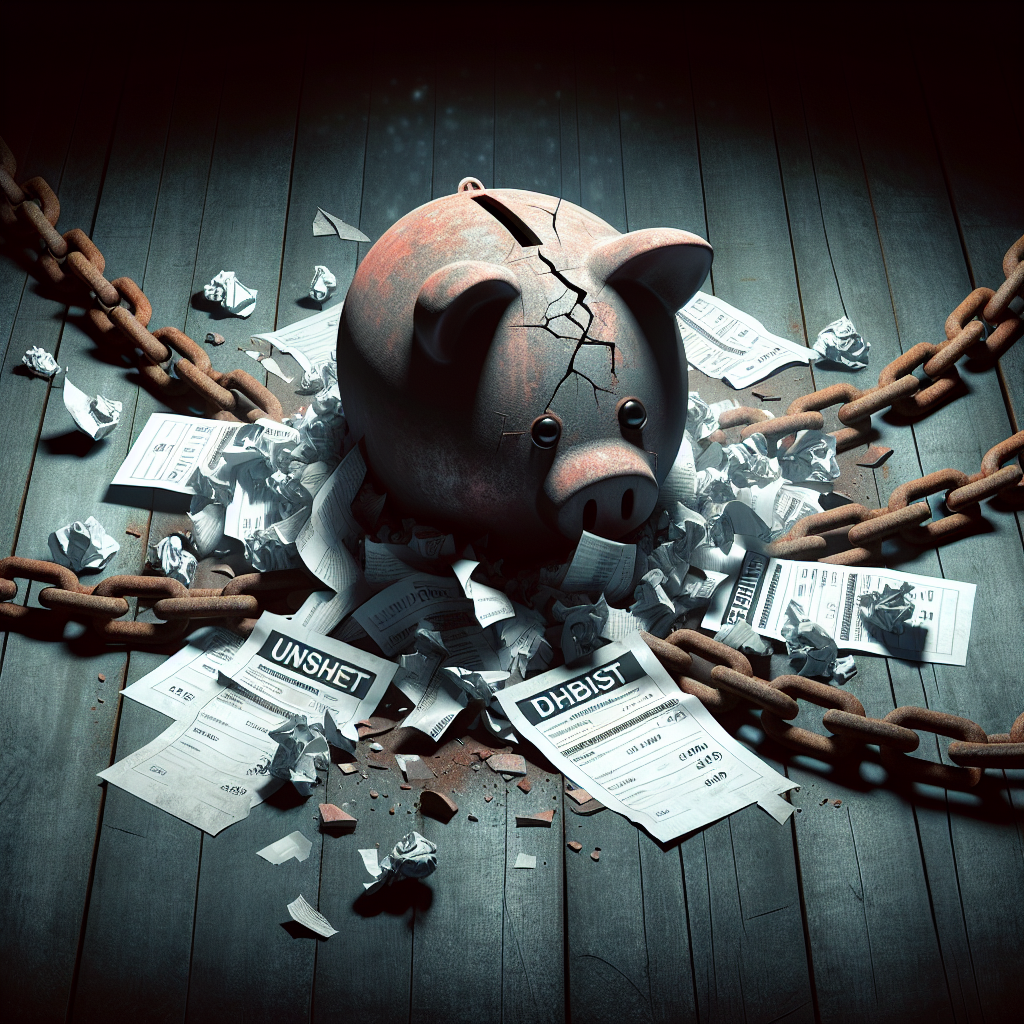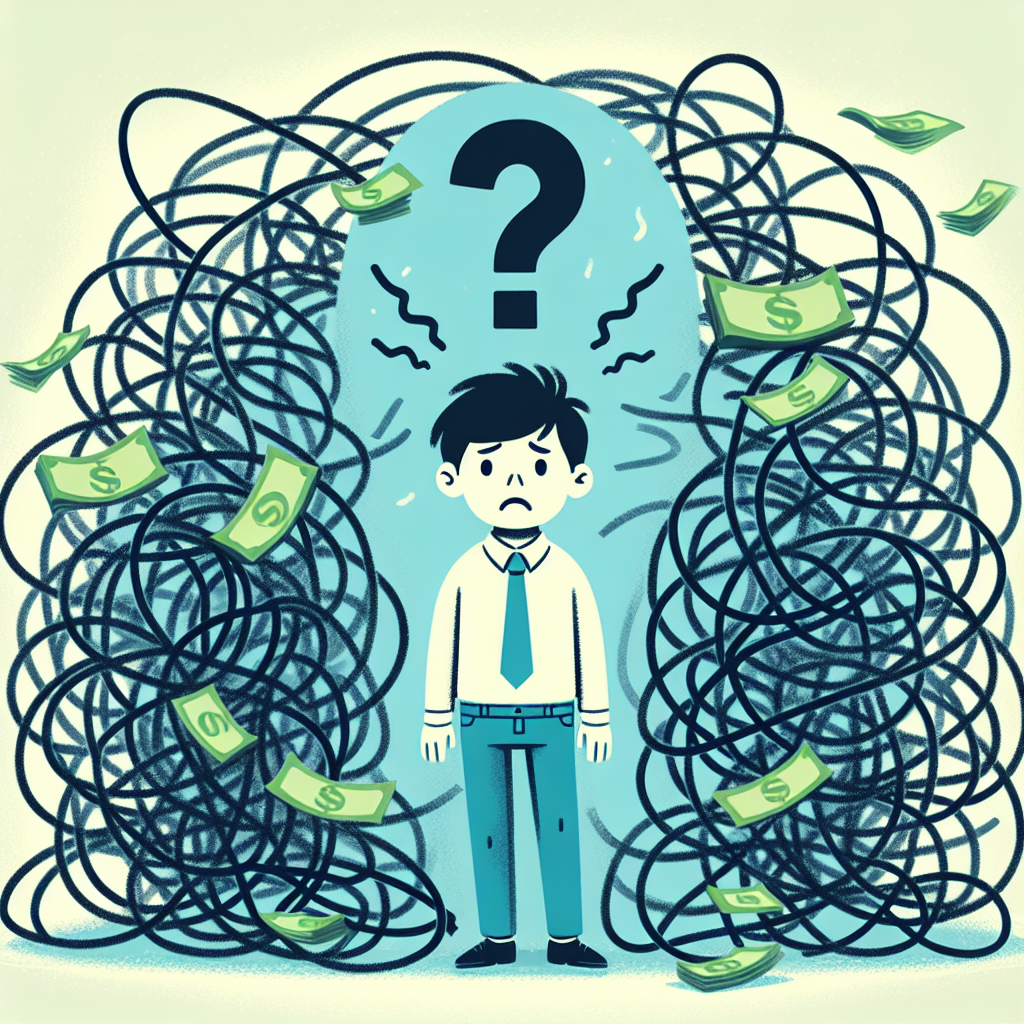Key Insights to Keep in Mind
- Failing to repay a payday loan as agreed can land you in court.
- What counts as default varies depending on your loan terms and local laws, but it can trigger lawsuits.
- If a lender wins against you legally, they might garnish your paycheck to settle the bill.
For many, payday loans serve as a quick fix when cash is tight and other options seem out of reach. Yet, the brief respite they provide can quickly spiral into a serious headache if repayment isn’t possible.
Depending on how much time has elapsed since you took out the loan, lenders might threaten legal action or start seizing wages. Still, acting early could help you work out the debt before things escalate.
What Risks Await When You Miss Payday Loan Payments?
Though payday loans offer immediate convenience, falling behind on payments can lead to a cascade of fees levied by both your lender and your bank. The longer you delay, the more aggressive the lender’s collection attempts might become, potentially dragging down your credit score. If the lender opts to escalate matters, you could find yourself facing a lawsuit.
Fee Avalanche
Lenders commonly tack on late fees if your repayment deadline slips by. Should you decide—or be forced—to extend or rollover your loan, you might face fresh finance charges, which vary according to your state’s regulations.
On your loan’s due date, the lender might repeatedly try withdrawing payment from your checking account. If your funds are insufficient, expect attempts for smaller withdrawals and additional fees for bounced payments.
Besides occasional partial collections, you could be bombarded with persistent phone calls and letters demanding payment, alongside continued withdrawal attempts. Sometimes lenders sell your unpaid debt to third-party collectors or hire lawyers to pursue the balance.
Some states mandate that lenders must offer extended payment arrangements when asked. While these deferments can stop collection efforts, they usually come with extra interest and fees. Consequently, seeking alternative ways to clear your debt might be more cost-effective than simply rolling over the loan.
Credit Score Consequences
Once your unpaid payday loan lands with a collection agency, it will typically ding your credit report — leaving a mark that can linger for up to seven years. This stain makes scoring affordable loans or credit cards a far tougher battle.
Should this happen, rebuilding your credit isn’t impossible. Vigilantly monitoring your credit report and adopting smart financial habits can set you on the right path toward recovery.
The Legal Angle: Suits and Judgments
If your lender escalates to a court battle, the onus is on them to prove you owe the debt. Don’t hesitate to request copies of your loan agreement and any supporting documents. Without solid proof, the judge is likely to toss the case.
However, if the lender successfully demonstrates the debt’s validity and wins a judgment, you might be compelled to pay or see your wages garnished. The severity of enforcement measures hinges on factors like your outstanding balance, state laws, and your residency, so consulting a legal expert is wise if you face a lawsuit.
Should you encounter harassing communications from lenders or debt collectors, promptly contact your state attorney general’s office to file a complaint.
Understanding the Clock: The Statute of Limitations
Debts come with expiration dates known as statutes of limitations. These limits vary by debt type and jurisdiction but generally range between three and six years, after which lenders and collectors might be barred from legal collection efforts.
Did you know? In most states, the statute of limitations on payday loans is around 3 to 6 years, but some regions have shorter or longer timelines. Knowing this window can guide your response to collection attempts.
Strategies for Scraping Together Repayment
Ignoring a defaulted payday loan can snowball your troubles. Instead, explore how to settle what you owe before the situation worsens.
- Loans for Bad Credit: Consolidate multiple steep-interest debts into a single loan, often with a lower rate. Even with less-than-ideal credit, these options can be cheaper than payday loans.
- Short-Term Emergency Loans: Offered by credit unions and some community banks, these usually come with smaller amounts (under $1,000) and reduced interest without mandatory credit checks.
- Borrowing from Your Inner Circle: Consider asking friends or family for help or trimming discretionary spending—like pausing streaming services or cutting grocery budgets temporarily—to free up funds.
Next Steps If You Can’t Settle Your Payday Loan
Failing to cover your payday loan by the due date calls for swift action to avoid compounding fees and penalties.
Negotiate a Payment Plan
Lenders often prefer negotiation over litigation, which is costly for them, too. Requesting an extension or a structured repayment plan could be fruitful. Some lenders waive fees for this, while others don’t—just remember that extended timelines often accrue more interest and fees.
Seek Debt Settlement
Propose a debt settlement arrangement where you pay less than the full balance, often through a Debt Management Plan (DMP). Both nonprofit and for-profit credit counseling services may assist with negotiating affordable repayment terms.
Bear in mind, settlements typically include fees, may hurt your credit score, and can prompt other creditors to close accounts, compounding credit damage.
Roll Over the Loan—Use With Caution
Rolling over means pushing back the due date in exchange for a fee, but it’s a slippery slope toward ever-increasing debt. You’ll still owe the original principal, interest on it, and additional finance charges, making this a last-ditch option not allowed everywhere.
Repairing Credit After a Payday Loan Default
Defaulting doesn’t have to spell doom for your credit. Rebound strategies include:
- Maintain Low Credit Utilization: Keep the percentage of your revolving credit in use around 30% or less. This has a big impact on your scoring models.
- Keep Older Accounts Alive: The age of your credit lines matters. Closing long-standing accounts can lower your average credit age and hurt your score.
- Limit Hard Credit Pulls: Each formal credit application triggers a hard inquiry that can shave points off your score. Overdoing it within a short period can cause notable damage.
- Monitor Your Credit Regularly: Stay on top of your reports and scores, disputing errors quickly to prevent inaccurate data from pulling your score down.
Payday loans come with a steep price tag if not managed carefully. Missed payments inflate your debt through fees and interest, and can drag down your creditworthiness. Proactive communication with lenders and exploring alternate funding or repayment options can help you steer clear of long-term consequences.
Before committing to payday loans, weigh other potentially less costly and more manageable solutions like credit union emergency loans or debt management plans—they might save you trouble down the road.



